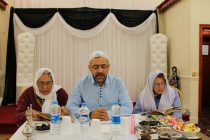The British government has moved the goalposts over its ‘disembarkation rule’, giving a completely different reason in Parliament about why the policy was introduced for flights between the Turkish Republic of North Cyprus (TRNC) and the United Kingdom, angering Turkish Cypriots, who have accused the government of ‘dishonesty’.
Back in 2017, the UK government claimed “security concerns” about Ercan Airport led to the need for UK-bound passengers to go through a fresh security screening in Turkey.
Four years later, following a major campaign by British Turkish Cypriots to get the rule overturned, the government has shifted its position, now claiming disembarkation for flights from the TRNC is a “legal” requirement of the 1944 Chicago Convention.
DFN Cyprus, which is behind a national letter-writing campaign to MPs on the disembarkation issue, told T‑VINE that the UK government was being “dishonest” and has “deliberately misled our community and TRNC authorities”.
Ersu Ekrem, chair of the British Turkish Cypriot Association (BTCA), who was part of a delegation to meet with Transport Minister Chris Grayling in 2017 to discuss the Disembarkation Rule, was stronger in his condemnation.
Mr Ekrem accused the government of “lying” and said it was “another example of the utter contempt the British authorities have for Turkish Cypriots and their rights.”
The matter came to light earlier this month following the publication of Minister Wendy Morton’s response to a Parliamentary question about disembarkation tabled by Labour MP Fabian Hamilton.
BTCA chair Ersu Ekrem: “There was at least seven of us in that meeting in 2017. When we asked the Transport Minister Chris Grayling, he very clearly told us the Disembarkation Rule was due to “security concerns only”
Mr Hamilton, who is Shadow Minister for Foreign and Commonwealth Affairs, asked Foreign Secretary Dominic Raab (pictured top with Wendy Morton) “if he will review the UK’s policy on aircraft disembarkation for passengers flying from North Cyprus’ Ercan Airport.”
Wendy Morton, the Minister for the European Neighbourhood, made no reference to Ercan security concerns in her response:
“A review by FCDO [Foreign, Commonwealth & Development Office] in 2018 concluded that no alteration to the position on travel between Ercan airport and the UK was possible. In accordance with legal obligations under the 1944 Chicago Convention, there are no direct flights between Ercan and the UK. Passengers who book a flight from Ercan to Turkey and then an onward flight to the UK are required to disembark in Turkey before boarding their UK bound flight, as these are separate flights.”
The Foreign Office did not want to make a comment about our questions on the government’s change in policy. However, it did share with T-VINE information about why the current policy exists.
Britain, like other states, is bound by the terms of the Chicago Convention. Under this treaty, the internationally recognised government for each country is the only competent authority to designate which airports are open to international air traffic. For Cyprus, since 1960 that authority is the Republic of Cyprus.
After the power-sharing republic collapsed in December 1963, when Greek Cypriots violently seized control and threw out their partners the Turkish Cypriots, the UK and other states chose to treat the Greek Cypriots as the sole authority on the island.
Under the guise of the ‘Republic of Cyprus’, the Greek Cypriots tell the world that Ercan is not an international customs airport and they refuse to grant permission for flights to operate from there.
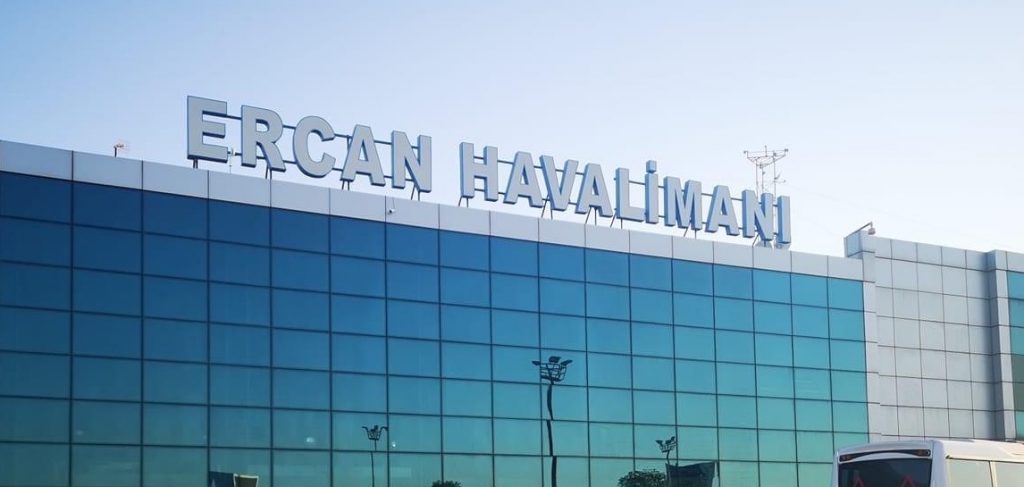
Following the 1974 Cyprus War, when the island was formally split by Turkey into two separate ethnic zones and administrations, a Turkish North and a Greek South, Turkish Cypriots took control of Ercan Airport, which is located 21.5 miles (34.7 km) east of the now divided capital Lefkoşa / Nicosia.
Ercan was opened to civilian use in 1975. As the Greek Cypriots refused to designate it an international airport, all flights to and from Ercan were obliged to touch-down in Turkey. Until June 2017, this was the position for all travel to and from Britain too.
Even after the TRNC was declared in 1983, the International Civil Aviation Organization – a body tied to the United Nations that oversees international air transport – refused to allow Turkish Cypriots to have any say and continued to act only on instructions from Greek Cypriot about airports in North Cyprus.
For no clear reason, there was a change in UK policy towards Ercan Airport in 2017. Despite concerns it was politically motivated, Department of Transport officials repeatedly told British Turkish Cypriots and TRNC officials, as well as Pegasus Airlines – then the largest carrier of passengers to Cyprus – and British politicians and dignitaries who made enquiries about disembarkation that it was entirely down to security concerns about the airport.
The UK Transport Minister Grant Shapps refused TRNC Foreign Minister Kudret Özersay’s request to lift the disembarkation rule to repatriate passengers stranded in North Cyprus on humanitarian grounds
The British government claimed in private meetings with concerned parties that with North Cyprus being just 80 miles away from the Syrian conflict, and Ercan Airport not up to international security standards, it was vulnerable to a terror attack. Officials pointed to a lack of up-to-date scanning equipment, the layout of the airport, and lax security procedures.
Given the situation, the UK insisted it was essential for passengers from Ercan to go through a more stringent security check in Turkey.
The rule requires UK-bound passengers departing from Ercan Airport to disembark from their aircraft in Turkey and go through a fresh security screening, before boarding a new flight to the UK.
The policy has added considerable cost and time for passengers from North Cyprus, compared to those flying from Larnaca and Paphos airports in South Cyprus. A direct flight from the UK to Cyprus is 4.5 hours, with touchdown in Turkey it is 6 hours and with disembarkation, over 8 hours, often considerably more. The price of flights to Ercan is often at least twice as high compared to South Cyprus.
Alongside the hefty price and time differences in travel, the disembarkation requirement for Ercan travellers is particularly onerous and stressful for the elderly, those with mobility problems and parents with young children, who are forced on and off several aircraft in less than an hour.
The government brushes these issues away and says it is obliged to do this under the Chicago Convention. It claims there is a need to separate the flights from North Cyprus to the UK into two, and that this was confirmed by the High Court in a 2009 ruling in the direct flights case between Kibris Türk Hava Yollari and Secretary of State for Transport.
The ruling, upheld by the Court of Appeal in 2010, said the UK could not unilaterally permit direct flights to North Cyprus as it would be a breach of its international legal obligations. Yet the judgment makes no specific reference about the need for disembarkation.
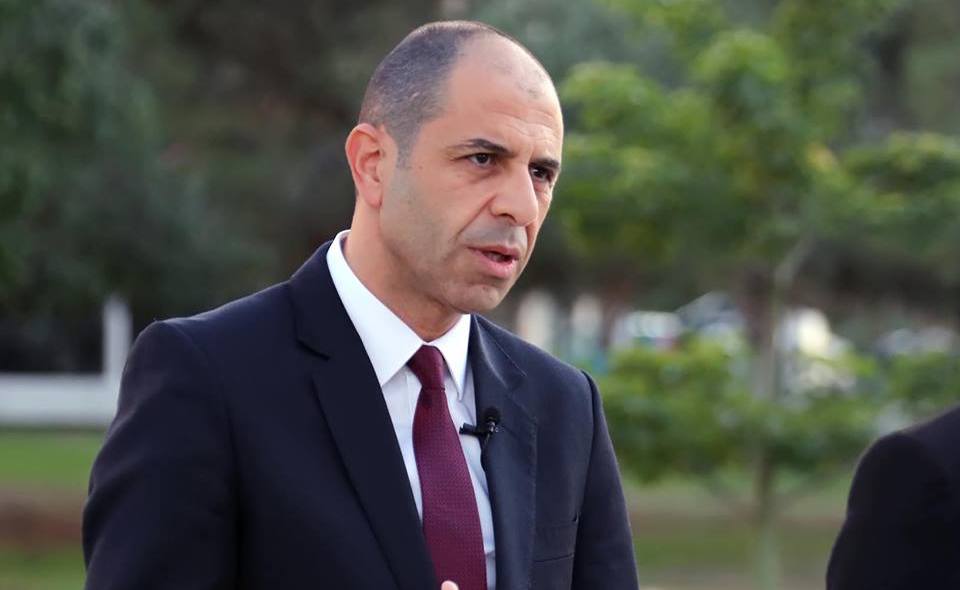
Bizarrely, the UK allows flights to Taiwan although they do not formally recognise the country. Taiwan is not a member of ICAO either. This precedent was not enough to change the UK’s mind on flights to the TRNC suggesting politics, and not legal considerations, are the real reasons behind these policy decisions.
There are multiple direct flights from airports in Turkey to Ercan each day without any negative legal consequence. Private jets and chartered air craft have also flown to Ercan, some without touching down in Turkey, without any problems.
The hardening of UK policy towards Turkish Cypriots was laid bare during the Covid pandemic last year. Turkey had shut its borders to international travellers, and transit passengers were not allowed through, but the Turkish authorities did permit touch-downs for flights to and from Ercan Airport.
When the TRNC Foreign Minister Kudret Özersay directly and via intermediaries asked the UK for permission to repatriate passengers stranded in North Cyprus, UK Transport Minister Grant Shapps refused to lift the disembarkation rule – even on humanitarian grounds.
Despite knowing Turkey would not permit it because of Covid rules, British officials still insisted UK-bound passengers were obliged to go through a fresh security screening in Turkey.
The UK’s position last year contrasted sharply with that of Germany, which sent eight aircraft to collect its citizens, most holiday makers in the TRNC, following the imposition of global travel restrictions. The flights touched down in Turkey and took off without any passenger having to disembark.
Yet the UK continues to insist its disembarkation policy is in line with those of other countries.
Another aspect difficult to compehend is why the UK didn’t introduce this rule straight after the 2010 direct flight case if it genuinely believes it is a requirement of the Chicago Convention. Why wait seven more years? And if there were no legal issues for all those years since 1975, why not carry on as before?
Many Turkish Cypriots suspected back in 2017 that the real reason for disembarkation was politically driven.
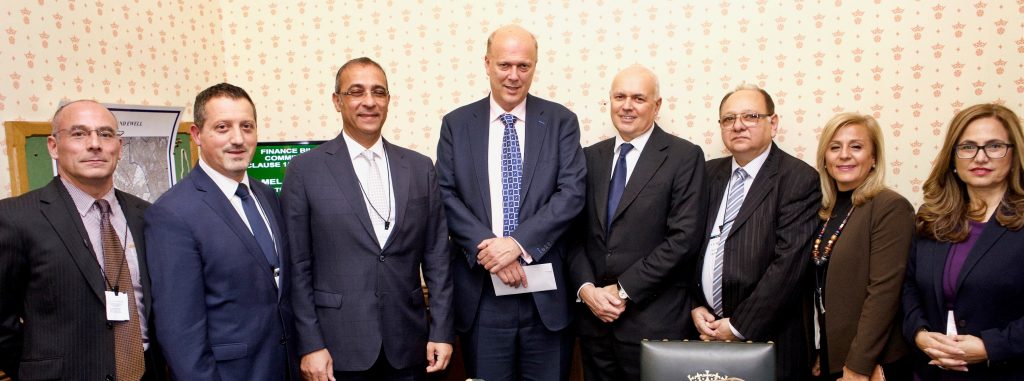
The Greek Cypriot authorities, alarmed at the growing number of passengers using Ercan – some 4 million a year, considerably more than Paphos Airport – had to find a way of restricting its appeal.
South Cyprus politicians had made no secret of their campaign to stop international air traffic to Ercan, forcing their government to introduce fines for Greek Cypriots using the airport in the North and also openly calling for action from Britain.
There was uproar from Turkish Cypriots when the UK – a guarantor power in Cyprus that is legally obliged to treat Greek and Turkish Cypriots equally – announced the new travel embargo on Ercan in 2017. The impact was acutely felt that summer.
A leading British tour operator to the TRNC told T-VINE at the time that after the disembarkation rule was introduced, one in five of their customers opted to travel to North Cyprus via an airport in the South. It’s a trend that has continued to the present day.
Shockingly, the UK government continues to hide behind the lack of a comprehensive political settlement in Cyprus as an excuse for its relentless embargoes on Turkish Cypriots and North Cyprus. Officials repeat parrot-style that ‘Turkish Cypriots will be free of their isolation when a bi-zonal, bi-communal federal solution is reached’.
In reality few should be surprised by the UK’s actions that discriminate against Turkish Cypriots and harm their economy. On matters relating to Cyprus, the UK – out of concern for its two military bases in the southern part of the island. – always sides with Greek Cypriots.
Yet this latest duplicity marks a new low in relations between Turkish Cypriots and Britain, which presents itself as an ‘honest broker’ trying to help both parties reach a lasting solution in Cyprus.
DFN Cyprus says policy shift raises “questions over how far we can trust the UK Government to be honest”
Ersu Ekrem told T-VINE: “There was at least seven of us in that meeting in 2017. When we asked the Transport Minister Chris Grayling, he very clearly told us the Disembarkation Rule was due to “security concerns only”.
“For the UK government to now say something completely different about why this discriminatory rule was introduced means either they were lying to us then or now. Either way it is another example of the utter contempt the British authorities have for Turkish Cypriots and their rights.
“The UK knows full well that the Greek Cypriots are not the masters of Cyprus. The Republic of Cyprus has not represented Turkish Cyprus since January 1964. It is shameful of Britain, a Guarantor Power, to yet again kowtow to racist Greek Cypriot demands that result in Turkish Cypriots being treated as second class citizens.”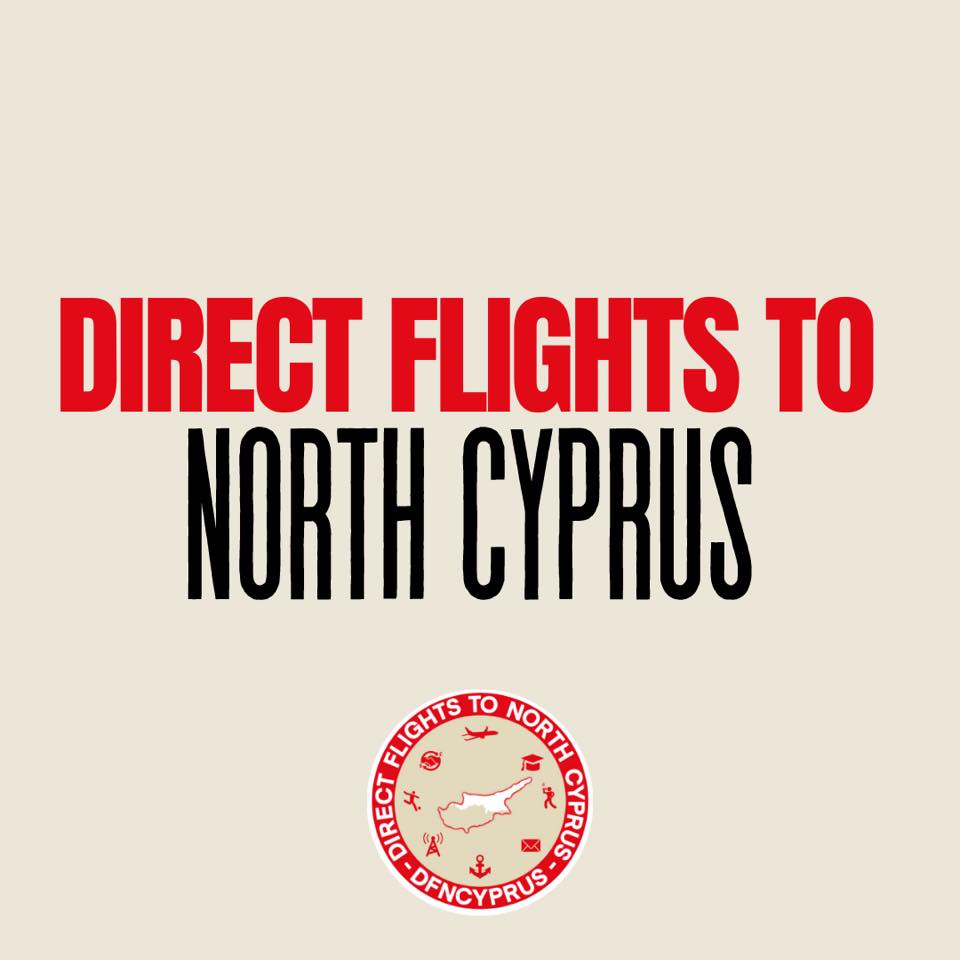
A statement to T-VINE from DFN Cyprus said: “The response from the UK Government is deeply disappointing and raises questions over how far we can trust the UK Government to be honest and transparent with UK Turkish Cypriot Community.
“Community campaigners have been told, consistently since 2017, that the requirement for disembarkation and security screening via a mainland Turkish airport for flights between the UK and North Cyprus has been driven by “security concerns” at Ercan after a ‘secret shopper’ inspection breach.
“TRNC authorities have sought to work with UK authorities to address and rectify concerns. This news from T-VINE suggests that the Department of Transport and the FCDO have been dishonest and have deliberately misled our community and TRNC authorities
“This leaves us with a deep sense of mistrust and suggests that the UK have caved in to pressure from the Greek lobby to take further action to prejudice British Turkish Cypriots.”




